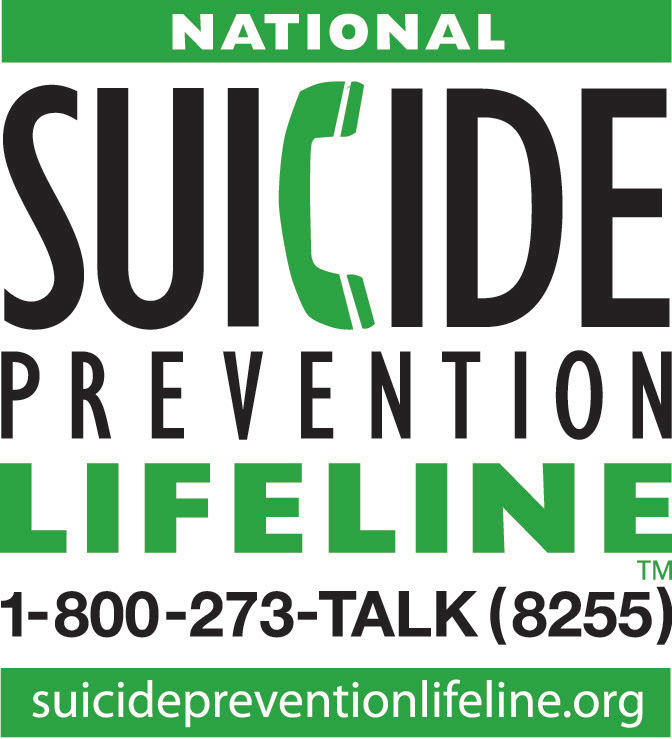
MENTAL HEALTH
AND SUICIDE PREVENTION
If you or someone you know is dealing with a mental health crisis,
dial 988.
One in four individuals who seek help for mental health turn to faith leaders BEFORE they seek help from a clinical professional. And, recent Montana data shows almost one in four Montana students seriously considered a suicide attempt in the last 12 months.
Youth Mental Health & Suicide Prevention
-
This graphic uses data from the 2021 Youth Risk Behavior Survey to outline Montana students and mental health - topics include bullying, depression and suicide ideation.
-
Unintentional Injuries and Violence Maps uses data from the 2021 Montana Youth Risk Behavior Survey to share county level data about youth mental health. Page 22-25 of the document contain information on youth suicide in Montana.
- The Behavioral Health Barometer: Montana, Volume 6: Indicators as measured through the 2019 National Survey on Drug Use and Health and the National Survey of Substance Abuse Treatment Services is one of a series of national, regional, and state reports that provide a snapshot of behavioral health in the United States. The reports present a set of substance use and mental health indicators as measured through the National Survey on Drug Use and Health (NSDUH) and the National Survey of Substance Abuse Treatment Services (N–SSATS), sponsored by SAMHSA.
- Visit the Center for Children, Families and Workforce Development to learn more about common mental and behavioral health topics including trauma, eating disorders, anxiety, grief and loss.
- Visit Children’s Mental Health Bureau website for a list or Montana organizations and support groups.
- Visit the Youth Connections Coalition website for a number of youth suicide prevention and intervention resources including:
-
Host a 50-minute suicide prevention and intervention training with your faith community to identify the risk factors and warning signs, learn how to intervene, and identify local resources. Contact Karl Rosston at krosston@mt.gov for virtual or in-person training.
-
Promote the Suicide Prevention Lifeline by including this graphic in your bulletins, announcements, posters, or by sharing through your communication channels. Some youth group leaders ask the youth to take out their phones and add the Lifeline number to their contact list so they have it if a crisis should arise for themselves or someone they care about.
Adult Mental Health & Suicide Prevention
-
Montana Healthcare Foundation's Medicaid in Montana report from June 2021 outlines Montana's behavioral health needs on page 6 and 7.
-
The SAMHSA 2020 Uniform Reporting System (URS) tables for Montana compare Montana data to national data. The URS state reporting system is collected annually to support the Community Mental Health Services Block Grant program. State Mental Health Authorities report on National Outcome Measures (NOMS), evidence based practices, and utilization measures providing an overview of state mental health delivery systems.
- The Behavioral Health Barometer: Montana, Volume 6: Indicators as measured through the 2019 National Survey on Drug Use and Health and the National Survey of Substance Abuse Treatment Services is one of a series of national, regional, and state reports that provide a snapshot of behavioral health in the United States. The reports present a set of substance use and mental health indicators as measured through the National Survey on Drug Use and Health (NSDUH) and the National Survey of Substance Abuse Treatment Services (N–SSATS), sponsored by SAMHSA.
-
The Meadowlark Initiative screens pregnant women in Montana for substance use disorders, and connects those need help with treatment and supports. This partnership integrates prenatal and behavioral health to improve maternal and neonatal outcomes. Visit The Meadowlark Initiative website for a list of locations in Montana.
-
Access information about Medicaid and public mental health services for adults in Montana.
- While farming and ranching is a way of life for many Montanans, we know the unique challenges and stresses it can bring. MT Farm and Ranch Stress Resource Clearinghouse, developed by MSU Extension, is Montana’s first statewide stress management resource designed specifically for agriculture producers.
-
Host support groups including grief and loss groups, survivors of suicide groups, or other topic specific support groups to address a current community need. Contact Tracy Moseman at tracy.moseman@mt.gov for resources on how to get started.
-
Encourage service members, Veterans or their family members in your organization with 2+ years of lived experience in recovery from mental health or substance abuse challenges to become a Certified Peer Support Specialist in your community.

